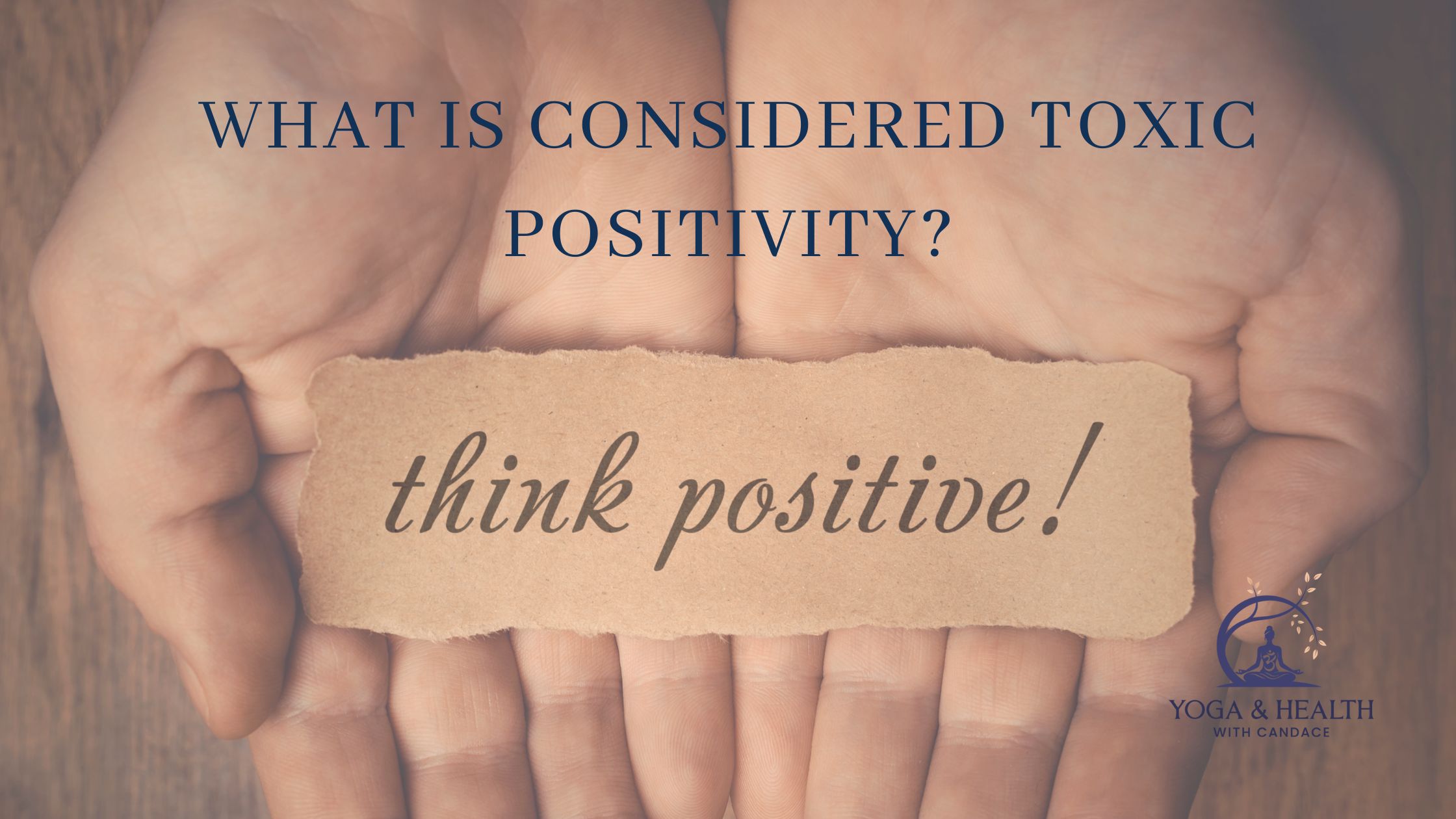Toxic Positivity ~ What is it and How do we Navigate it?
What is considered toxic positivity?
Toxic positivity is the belief that people should always maintain a positive mindset, even during challenging or painful situations. While optimism and positive thinking have their benefits, toxic positivity dismisses all difficult emotions in favor of a forced cheerful façade.
Unlike healthy positivity, which acknowledges emotions like sadness, anger, and jealousy as natural, toxic positivity arises from an unrealistic expectation that life should be constantly happy. This perspective can stifle growth and prevents learning from setbacks and conflicts.
Avoidance of Negative Emotions
One reason people engage in toxic positivity is to avoid feelings that make them feel vulnerable. By suppressing negative emotions, they defend against discomfort. However, toxic positivity can be harmful as it dismisses genuine struggles and invalidates people’s experiences.
What Does Positive Psychology Say About Toxic Positivity?
Though often well-intentioned, toxic positivity can feel dismissive and unempathetic. People subjected to it may feel that their emotions are being minimized, making it difficult for them to open up and share their struggles in the future.
How to Break Away from Toxic Positivity
To support others without being toxically positive, it’s crucial to validate and acknowledge their feelings. Instead of dismissing negative emotions, listen, empathize, and offer genuine support and understanding. Allowing people to express their true feelings can lead to deeper connections and healing.
Listen to my podcast on Toxic Positivity: https://spotifyanchor-web.app.link/e/G1WodyWp8Nb

